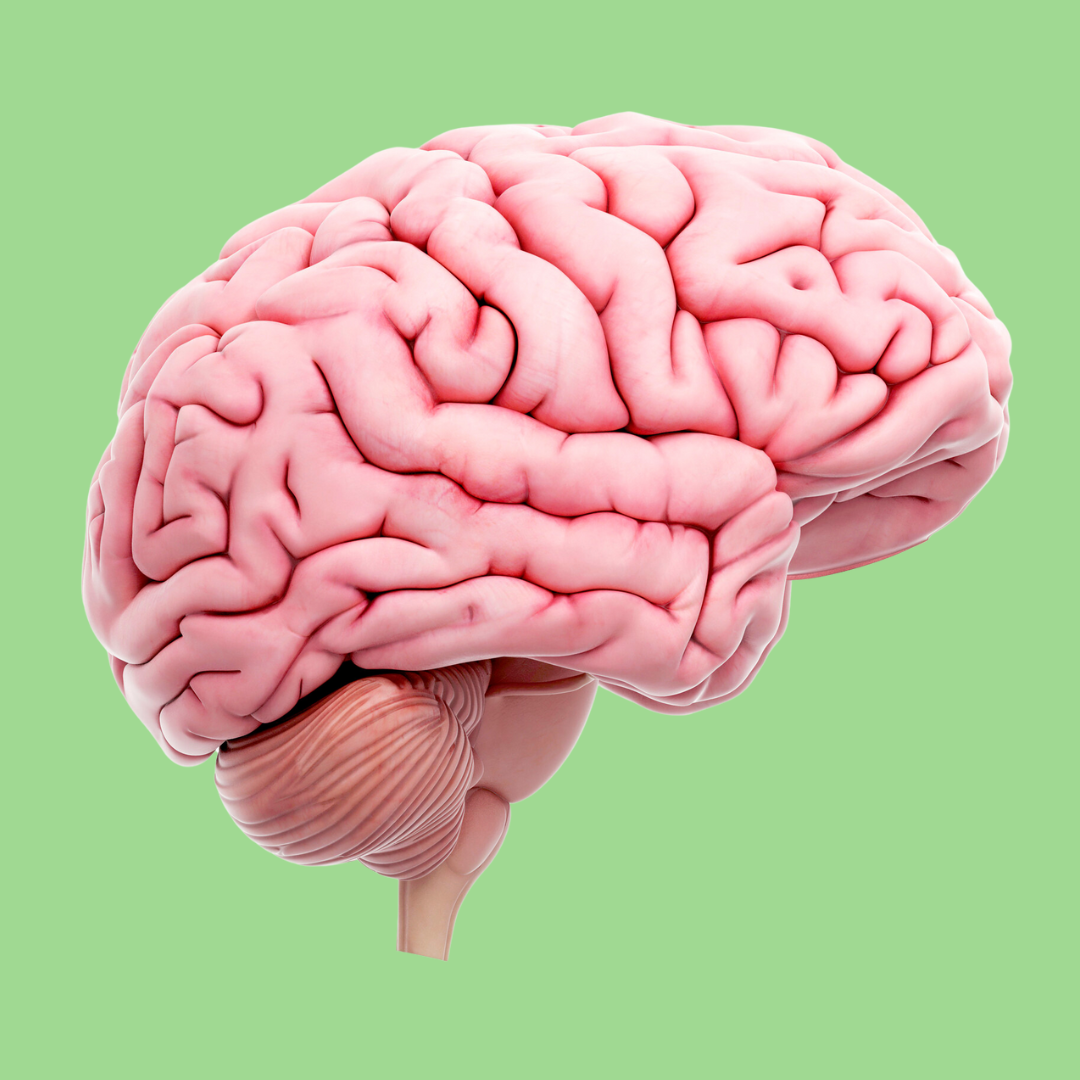The system of hormones in our body, also known as the endocrine system, regulates a variety of vital body functions, from digestion to the rhythm of our heartbeats. Let’s explore what hormones are, how they work, and how a healthy, balanced diet helps them function optimally.
Hormones are chemical messengers produced by the ten endocrine glands in the human body. When the glands secrete hormones, the blood vessels surrounding the glands circulate the hormones throughout the blood stream, where helper cells guide them to the right receptor cells. This bond with the hormone alerts the receptor cells to increase or decrease certain cell activity.
By doing this over and over again with millions of cells throughout the body, hormones can act to bring about drastic change. For example, the thyroid gland produces hormones that travel to a majority of the body’s cells, influencing the amount of energy used by those cells, which can, in turn, affect such fundamental functions as our heartbeat and breathing rate.
When it comes to hormones and our diet, one resounding message is that we should avoid added sugars. Diets high in added sugar can lead to cells that become resistant to insulin, the hormone produced by the pancreas to regulate blood sugar. Natural sugars, such as those found in fruit and vegetables, have not been linked to these health complications, only added sugars.
You should also watch out for any endocrine-disrupting chemicals (EDCs), which is the term for chemicals that disrupt the normal functioning of hormones in the human body. One of the main ways we are exposed to EDCs is through pesticides, which reach us as residue on non-organic produce and through groundwater contamination.
We really did not need another reason to loathe chemical pesticides, but there it is.
So to preserve the healthy functioning of the body’s complex system of hormones, two easy rules of thumb: pesticide-free and no added sugars. Hmm…we know a product like that – SaladPower!

